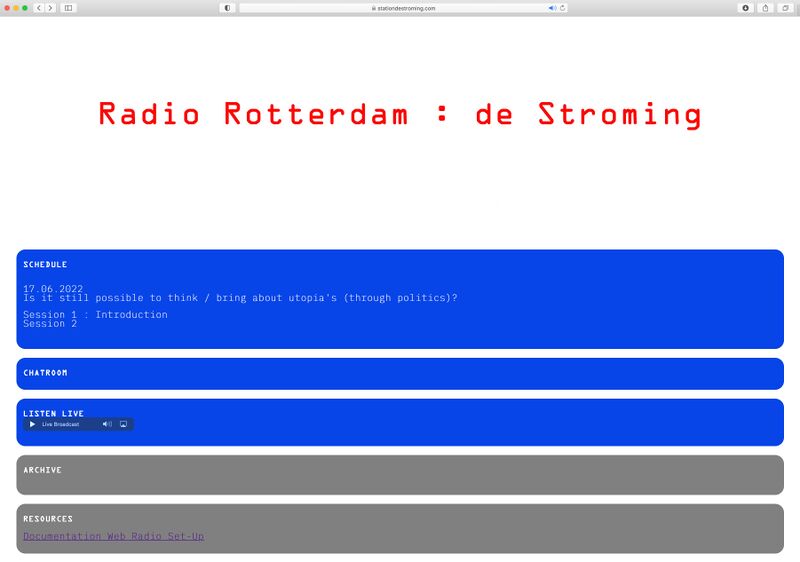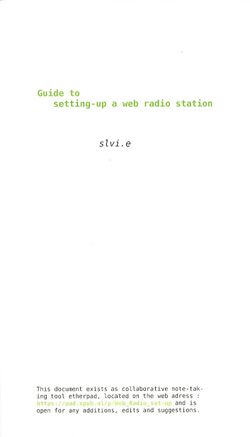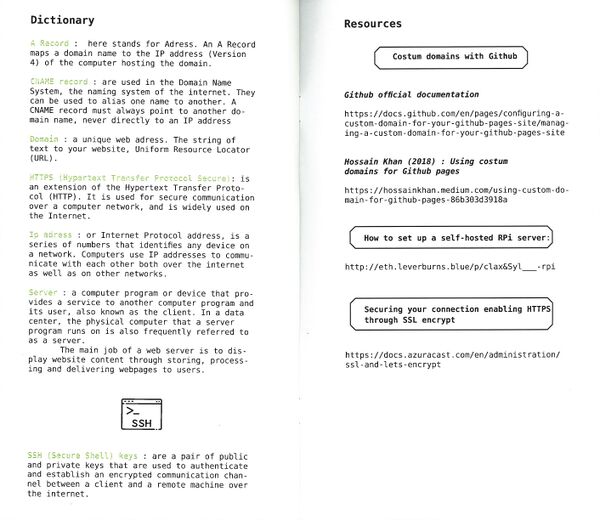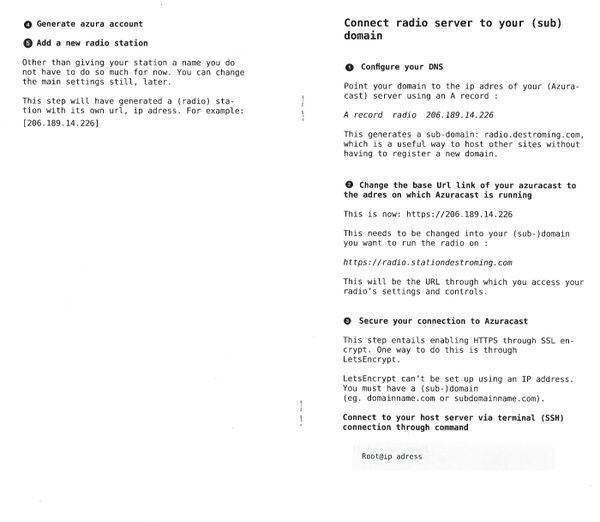User:Trashpuppy/GRAD PROJECT: Difference between revisions
Trashpuppy (talk | contribs) (→What?) |
Trashpuppy (talk | contribs) (→What?) |
||
| (One intermediate revision by the same user not shown) | |||
| Line 1: | Line 1: | ||
===<p><p style="color:black; font-family: Alike Angular; font-size: 20pt; font-weight: bold;">What?</p>=== | ===<p><p style="color:black; font-family: Alike Angular; font-size: 20pt; font-weight: bold;">What?</p>=== | ||
For the graduation show I want to present a series of recorded conversations following the concerns elaborated upon in the thesis. The thesis studies the Dutch relationship to water - and how this reflects broader politics - through the case study of Rotterdam. For now mainly focussing on reading together of Dutch migration (and integration) policies and the Rotterdam harbour expansion (economic trade). An axis that shows national borders to fluctuate between fixed and fluid. I would say this text has as its aim, by taking water as its organising principle, to undertake a non-linear study of history. For the writing of this text I have carried out extensive archival research as well as investigated the current policies in place. A main point has been to try to understand Rotterdam through reading the present and past simultaneously and suggesting policies for imagining a more inclusive and equitable future. It is the latter that I will take as the starting point for the project<br><br> | For the graduation show I want to present a series of recorded conversations following the concerns elaborated upon in the thesis. The thesis studies the Dutch relationship to water - and how this reflects broader politics - through the case study of Rotterdam. For now mainly focussing on reading together of Dutch migration (and integration) policies and the Rotterdam harbour expansion (economic trade). An axis that shows national borders to fluctuate between fixed and fluid. I would say this text has as its aim, by taking water as its organising principle, to undertake a non-linear study of history. For the writing of this text I have carried out extensive archival research as well as investigated the current policies in place. A main point has been to try to understand Rotterdam through reading the present and past simultaneously and suggesting policies for imagining a more inclusive and equitable future. It is the latter that I will take as the starting point for the graduation project<br><br> | ||
These conversations will be presented through the Rotterdam (web) radio [https://stationdestroming.com station de Stroming], I have developed to this end. This station functions as a research as well as archive and collaborative note-taking tool. The Dutch <I>de Stroming</I>, translates to 'the current' or 'ideological movement'. | These conversations will be presented through the Rotterdam (web) radio [https://stationdestroming.com station de Stroming], I have developed to this end. This station functions as a research as well as archive and collaborative note-taking tool. The Dutch <I>de Stroming</I>, translates to 'the current' or 'ideological movement'. | ||
| Line 13: | Line 13: | ||
<br> | <br> | ||
I | I turned this documentation into a small publication <I>'Guide to setting-up a web radio station' </I> that will be present during the grad exhibition for people to take with them. | ||
<br><br> | <br><br> | ||
[[File:Scan MFP-529 1904 001 (dragged).jpg|thumb|250px|left]] | [[File:Scan MFP-529 1904 001 (dragged).jpg|thumb|250px|left]] | ||
Latest revision as of 09:17, 16 May 2022
What?
For the graduation show I want to present a series of recorded conversations following the concerns elaborated upon in the thesis. The thesis studies the Dutch relationship to water - and how this reflects broader politics - through the case study of Rotterdam. For now mainly focussing on reading together of Dutch migration (and integration) policies and the Rotterdam harbour expansion (economic trade). An axis that shows national borders to fluctuate between fixed and fluid. I would say this text has as its aim, by taking water as its organising principle, to undertake a non-linear study of history. For the writing of this text I have carried out extensive archival research as well as investigated the current policies in place. A main point has been to try to understand Rotterdam through reading the present and past simultaneously and suggesting policies for imagining a more inclusive and equitable future. It is the latter that I will take as the starting point for the graduation project
These conversations will be presented through the Rotterdam (web) radio station de Stroming, I have developed to this end. This station functions as a research as well as archive and collaborative note-taking tool. The Dutch de Stroming, translates to 'the current' or 'ideological movement'.
I turned this documentation into a small publication 'Guide to setting-up a web radio station' that will be present during the grad exhibition for people to take with them.




